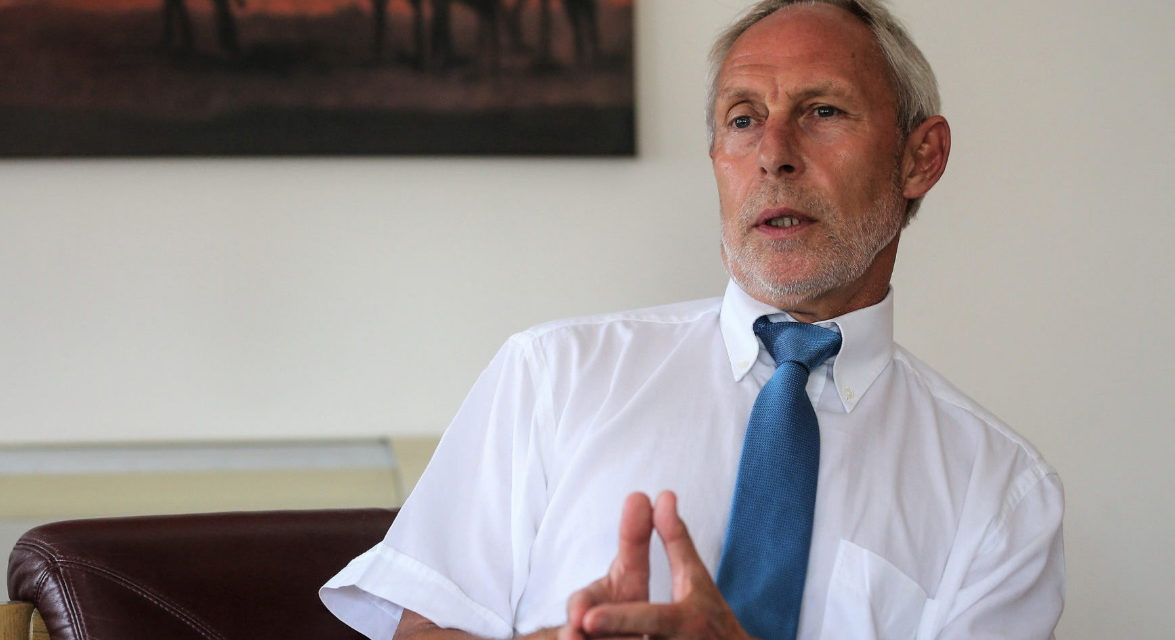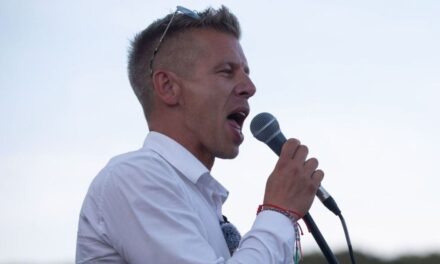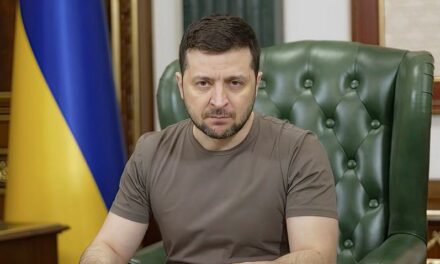"We need a strong civic center in Europe." In an interview with Mandiner, Frank Spengler, the former head of the CDU party foundation and currently an advisor to the MCC's Hungarian-German Institute, is sure that if Armin Laschet becomes the next German chancellor, he would continue the dialogue with the Hungarian right, but cooperation with the AfD He calls it the CDU's red line.
"I managed the Konrad Adenauer Foundation's office in the Czech Republic and Slovakia between 1999 and 2004, and I was able to work well with colleagues in Hungary during this time as well." said Spengler. "I always felt good in Central Europe, and after my time in Berlin I definitely wanted to come to Hungary. There is no need to name the reasons, there are so many common similarities and historical connections between the two countries. In addition, Hungarians like Germans, which is not the case everywhere."
According to him, the cooperation between the European People's Party and Fidesz has been very unfortunate in the recent period. Despite the difficult situation, he wanted to see a compromise so that Fidesz could continue to cooperate with the People's Party. In the end, however, a different kind of decision became necessary. Now other ways must be found through which the structured political dialogue can be continued. There are enough important European topics that the responsible politicians should deal with together, even if critical conflicts will surely arise often.
One of the Hungarian government parties, the KDNP, is now a member of the European People's Party, which now has a special connecting role. The influence of the Hungarian Christian Democrats is now particularly important, and they must participate even more strongly than before in the relevant forums for dialogue and decision-making. I am sure that through this all friends of Hungarian-German relations will be able to contribute to the dialogue.
"We can certainly establish the tendency that the conservative element in the European People's Party has decreased. The People's Party really considers itself a people's party. I believe that it can continue to be the strongest and most successful coalition in the European Parliament if it nurtures its conservative roots more. But all of this is also related to certain individuals and the elections held in individual EU member states. I am convinced that
In Europe, we need a strong civil center,
and this includes cooperation with conservative forces. This does not necessarily have to happen within a party family, there are other forms of cooperation. The situation is different in every European country. There are certainly different national situations when, for example, they can agree on technical issues. I assume that there are such possibilities. But there are also red lines - for example, in Germany there is a party, the AfD, with which the Christian Democrats do not cooperate."
After the results of the last state election in Saxony-Anhalt, it can be said that the CDU's policy is very successful. The AfD (Alternative for Germany) is Eurosceptic and calls for Germany to leave the EU in its new election program. For this reason alone, cooperation with the AfD is unthinkable. And this decision also affects the CDU's cooperation with other parties at the international level. The AfD is therefore a red line, no cooperation!
In my opinion, one of the strengths of the outgoing Angela Merkel was that she always made measured and professional decisions, especially so as not to jeopardize the unity of the party. He was very pragmatic and with this attitude he led Germany through many crises and won a lot of recognition at the international level.
Source, full article and highlighted photo: mandiner.hu













